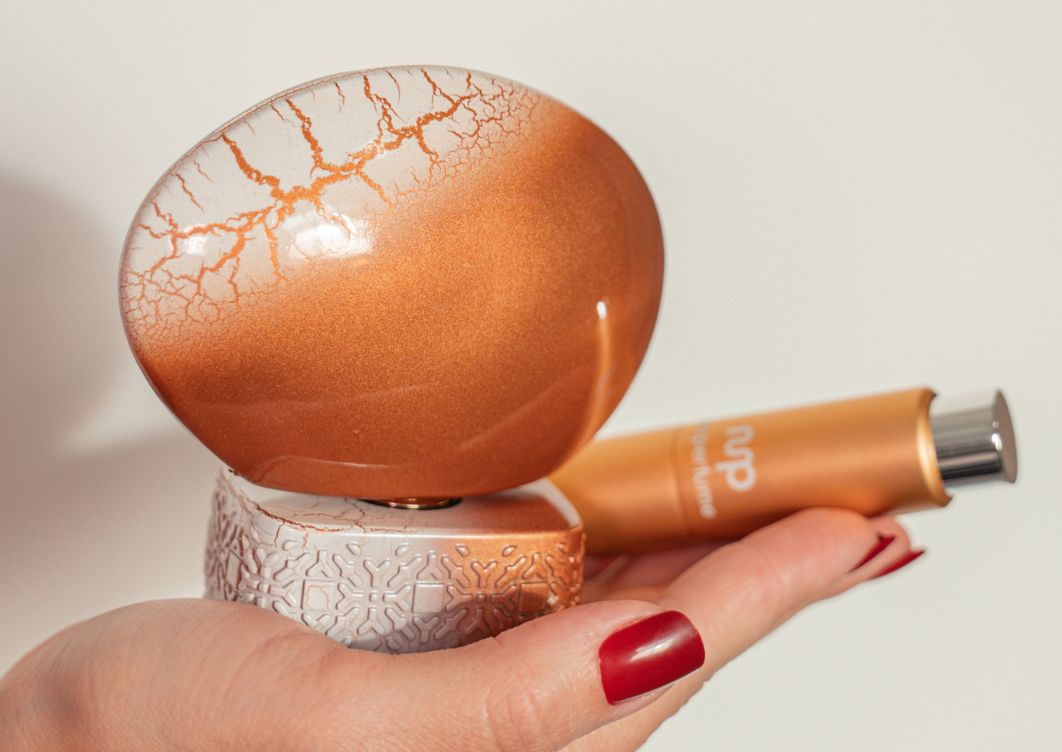Musk Scent: What Does 'Musk' Really Mean and Where Does It Come From?
Musk is a term that resonates through the corridors of perfumery, evoking images of mysterious allure and ancient opulence. This enigmatic ingredient has been a cornerstone in fragrance creation, revered for its unique ability to add depth, warmth, and complexity to a scent. Yet, despite its prevalence in both classic and contemporary perfumes, the origins and essence of musk remain a mystery to many.
Understanding the Basics: Fundamental Concepts and Definitions
Musk, in its original form, is a strong-smelling substance secreted by the musk gland of the male musk deer. This substance has been highly valued in perfumery and traditional medicine for centuries, primarily due to its potent aroma and fixative properties. The term "musk" can also refer to a range of natural and synthetic substances that mimic the original musk's scent.
Step-by-Step Guide: The Evolution of Musk in Perfumery
- Ancient Use: Musk was first used in ancient civilizations, including India and Persia, where it was prized for its aromatic qualities and as an aphrodisiac.
- Medieval Trade: Musk became a valuable commodity in the medieval period, traded along the Silk Road, and incorporated into the perfumes and medicines of Europe and the Middle East.
- Synthetic Revolution: The late 19th and 20th centuries saw the development of synthetic musk, which provided a cruelty-free and more accessible alternative to natural musk.
How Does Musk Work?: The Role of Musk in Perfumery
Musk's primary role in perfumery is as a fixative. It helps stabilize the volatility of lighter notes, extending the longevity of a fragrance on the skin. Additionally, musk adds a base note that can range from subtly sweet to deeply animalistic, enriching the fragrance's complexity and character.
Can Synthetic Musk Replicate the Real Thing?: The Shift to Synthetics
The overhunting of musk deer for musk led to the development of synthetic alternatives that aim to replicate the natural scent's nuances. While some purists argue that synthetic musk lacks the depth of natural musk, advances in chemistry have led to synthetics that come remarkably close to mimicking the original's warmth and complexity.
Tips for Appreciating Musk in Fragrances: Enhancing Your Scent Experience
- Explore Varied Concentrations: Musk can be experienced in different concentrations across various fragrances. Sampling a range can help you appreciate its versatility.
- Layering Scents: Musk-based fragrances often layer well with other scents, creating unique and personal fragrance profiles.
- Patience is Key: Musk's complexity unfolds over time on the skin, so give it time to develop after application.
Conclusion: Embracing the Mystique of Musk
Musk remains one of the most intriguing and essential components of perfumery, with its rich history, complex aroma, and unparalleled ability to add longevity and depth to fragrances. Whether natural or synthetic, musk continues to captivate the senses and enrich the world of scents. As we continue to explore and innovate within the realm of perfumery, musk's legacy is sure to endure, offering endless possibilities for scent creation and appreciation.









Leave a comment